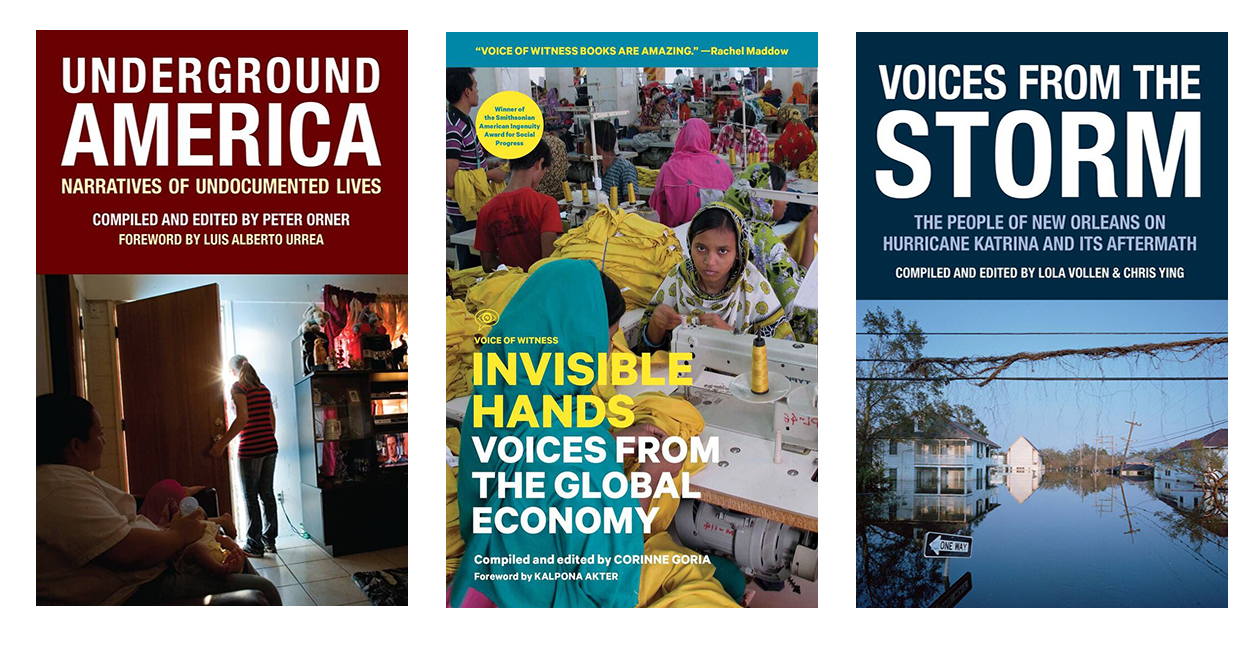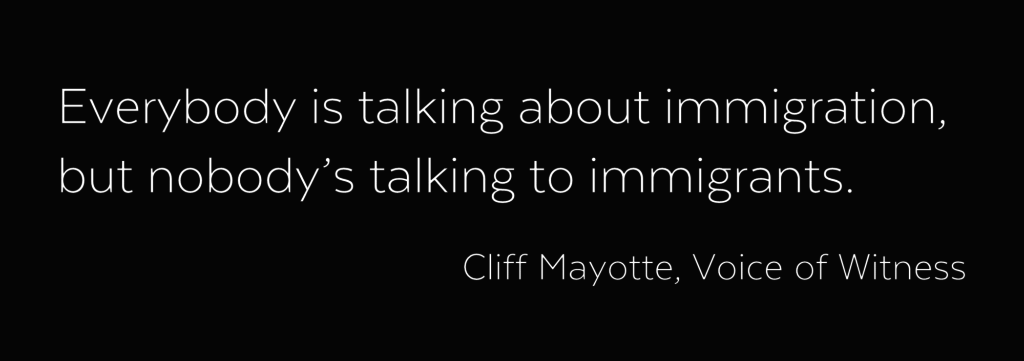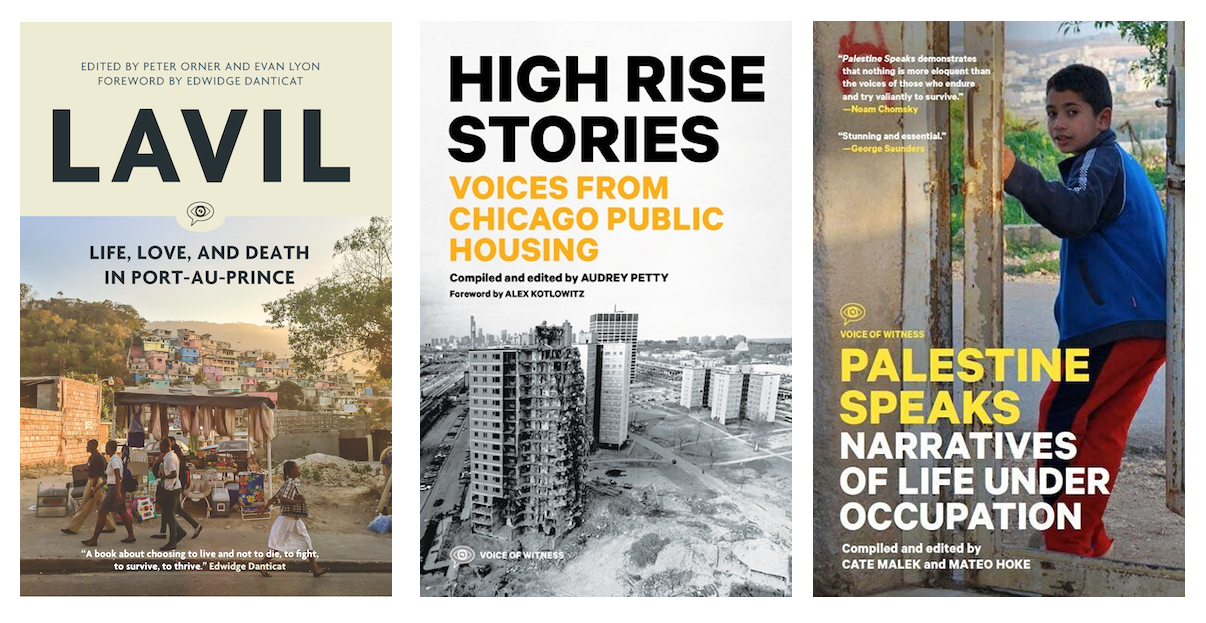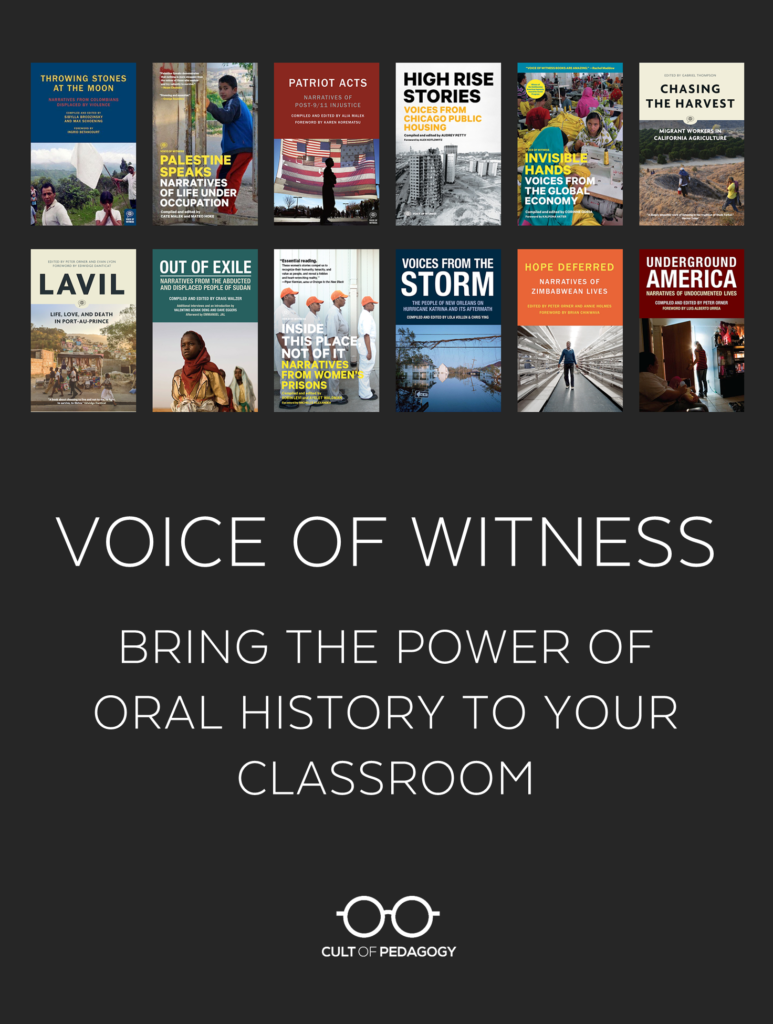
Listen to my interview with Cliff Mayotte (transcript):
Sponsored by Peergrade and 3Doodler
Teaching history and English has gotten complicated. For many, many years, educational publishers produced texts that centered an overwhelmingly white, European experience. But in recent decades, there’s been a push to change that, to widen the lens, to hear the voices of those who are so often under- or misrepresented.
Many teachers have done an admirable job of addressing this need by expanding the menu of texts they offer students. These include primary source documents, literature from more diverse perspectives, and other forms of media that tell stories with words, music, and images. But these resources aren’t always easy to find, and so the more we can share the great things we discover, the more complex and accurate our curriculum will be.
Today I want to share with you another incredible resource that can widen our lens even further, a series produced by an organization called Voice of Witness.
The core product of Voice of Witness is a series of books, currently seventeen titles strong, that curate oral histories, stories told by people whose voices are rarely heard, people who are impacted by injustice all over the world: Migrant workers. Refugees. Factory workers in developing countries. Prisoners. Victims of natural disasters. Undocumented Americans. These books tell their stories, in their voices.
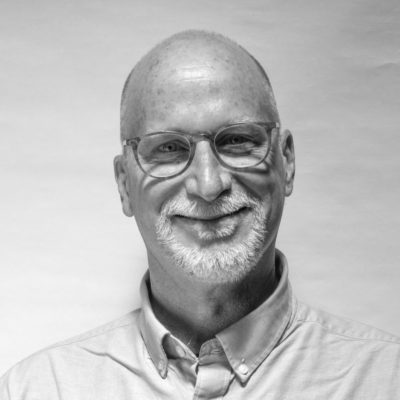
Cliff Mayotte, Education Program Director for Voice of Witness
To learn more about the series, I talked with Cliff Mayotte, the education program director for Voice of Witness, about the range of materials they offer and how these resources will not only expose our students to stories they won’t hear anywhere else, but also help them see themselves as participants in history, people who can tell their own stories and help the people in their own communities get their voices heard.
“Complicating” Our Thinking
Mayotte says the mission of Voice of Witness is “to put a human face on contemporary social justice issues. Everybody is talking about immigration, but nobody’s talking to immigrants. Everybody’s talking about inequality in education but nobody’s talking to teachers. I think our book series really seeks to address contemporary social justice issues and human rights issues that are underrepresented and underreported. Our mission is to amplify voices of people impacted by injustice.”
“Through first-person narrative,” he says, “we aim to propel the conversation around human rights issues and ensure the voices of those impacted become an integral part of mainstream discourse and meaningful reform.”
To deepen the potential to learn from these stories, Voice of Witness has also created free lesson plans to accompany each book. The Common Core-aligned plans were written for grades 9-12, but would also be appropriate for middle school students.
“A lot of students really respond to personal narrative,” Mayotte says. “It feels like somebody telling them a story, and it allows them to enter into these issues in a very personal way—it doesn’t feel like somebody’s lecturing to them or giving them a story that has only one side. Each individual narrative contains people’s identities and multiple perspectives. So I think it really allows teachers and students to grapple with the issues that are contained in the book series and to have their thinking complicated in ways that I think are very, very useful.”
Practicing Oral History in the Classroom
Apart from the free lesson plans, Voice of Witness offers other materials to teach students learn how to capture oral histories of their own.
Their book, The Power of the Story, provides step-by-step instructions for creating oral history projects with students, including guidelines for planning the project, interviewing, transcribing, and shaping the narrative into a finished written piece.
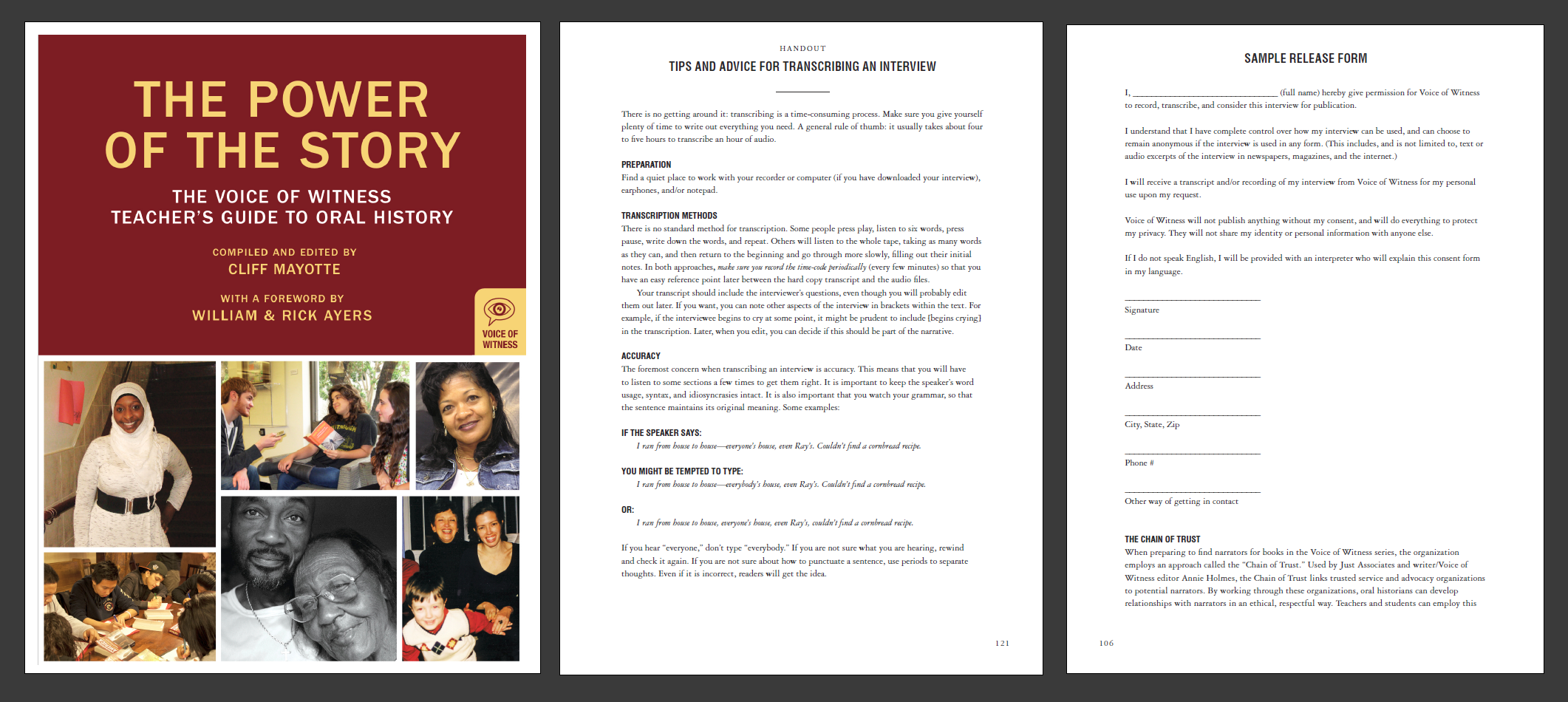
This 150-page book teaches students how to collect and write oral histories.
You can download a free PDF version of the book here.
“I think it creates, for students, a participatory vision of history,” Mayotte says, “because so often students and all of us feel like bystanders in history. Through oral history, students are able to interview family members, people in their community, and to participate in sort of an ongoing historical narrative that they can be a part of, that they can insert themselves into, as well as being able to use their lives, their direct experience, their identity as a central part of the curriculum.”
In addition to the book, Voice of Witness also offers a webinar series, consulting services, and the Sharing History Initiative, which provides free books to under-resourced classrooms.
More than Curriculum
Voice of Witness has been around since 2004, but I can’t think of a time in history when stories like these need to be told more than they do right now, when so many people worldwide are suffering, and so many teachers are struggling to find ways to help students become more compassionate.
Although these books would make a wonderful addition to any social studies course, literary study, classroom or school library, this goes beyond curriculum: We need our students to read these stories because doing to will make them better humans.
Learn more about Voice of Witness here.
Join my mailing list and get weekly tips, tools, and inspiration that will make your teaching more effective and fun. You’ll get access to our members-only library of free downloads, including 20 Ways to Cut Your Grading Time in Half, the e-booklet that has helped thousands of teachers save time on grading. Over 50,000 teachers have already joined—come on in.
